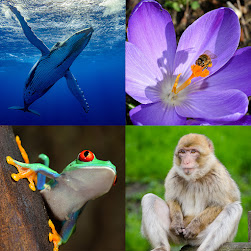Human cultures contribute to the preservation of biodiversity and ecosystems
Biodiversity is the variety of life on Earth, and it is essential to the health of our planet. It provides us with food, clean water and medicine, and helps regulate the climate. However, biodiversity is threatened by human activities such as deforestation, pollution and climate change.
What cultures
Many cultures around the world are deeply connected to nature and have developed traditional practices that help preserve biodiversity. For example, the Maasai in Kenya have a long history of living in harmony with wildlife. They developed a system of land management that allows humans and animals to coexist.
Where is it preserved?
There are many examples of how human cultures have successfully conserved biodiversity. In Japan, for example, the Satoyama Initiative has helped revive traditional land management practices that have led to the recovery of many plant and animal species.
The planet and the state of ecosystems
The benefits of biodiversity conservation are not only local. Biodiverse ecosystems help regulate the climate and provide protection against natural disasters. For example, wetlands help protect coastal communities from floods and storms.
Quotes
"The diversity of life on Earth is a valuable and irreplaceable resource. It is our moral duty to protect him." - Nelson Mandela
"We must act now to protect biodiversity. It's not too late, but we must act fast." - David Attenborough
Conclusion
Human cultures play a vital role in the conservation of biodiversity. By working together, we can learn from each other and develop new ways to protect the natural world.




Comments
Post a Comment